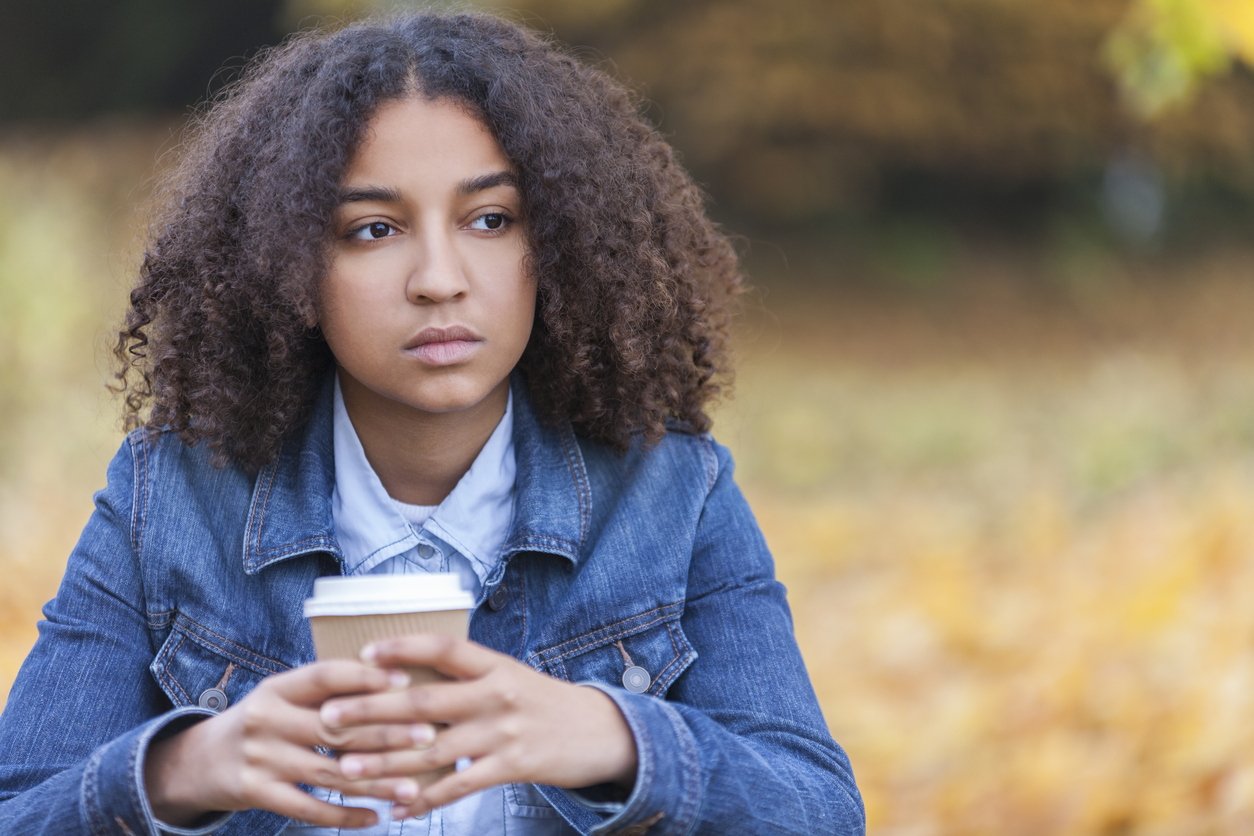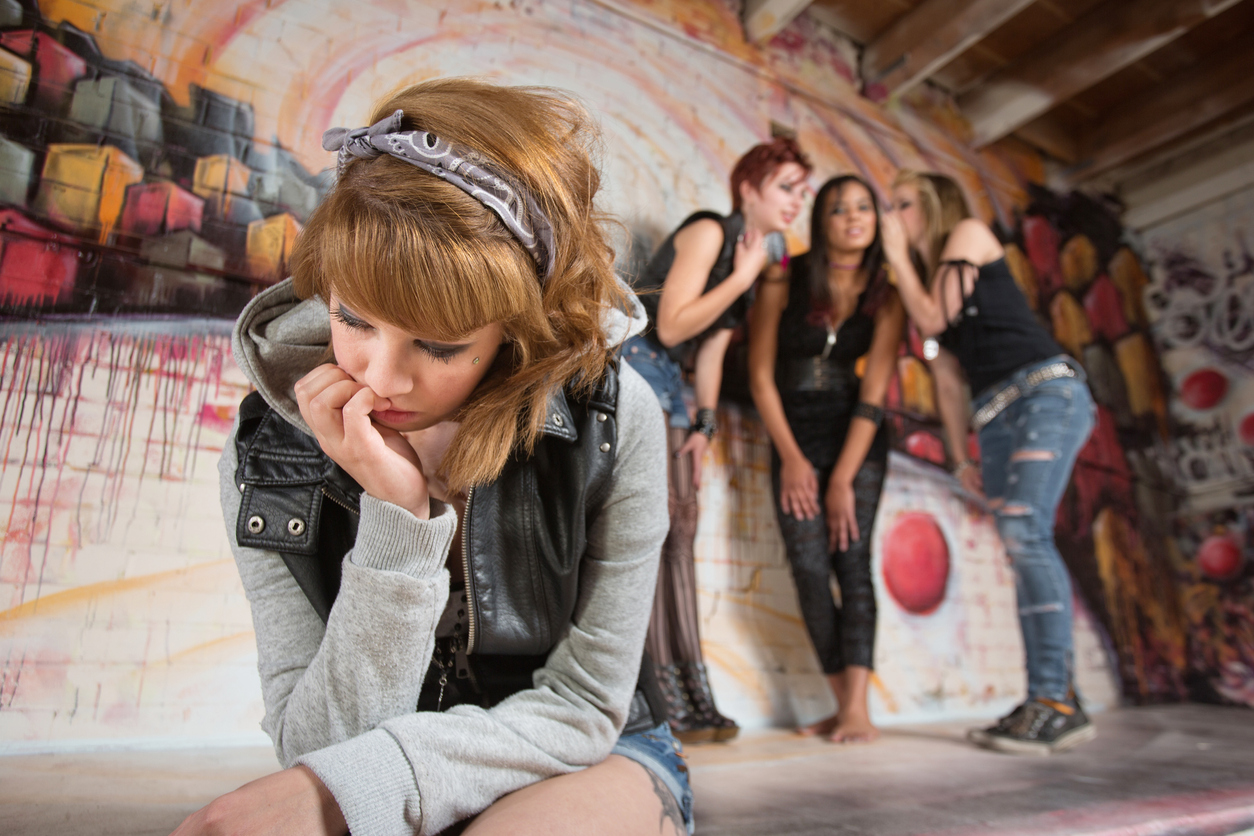Taking the High Road To Tackle Poor Body Image
First things first. I’d like to wish all of our American followers and listeners a very Happy Thanksgiving today. As I celebrate with family, I have been reflecting on body image and our review of the latest podcast series 3. This week we have covered some of the later episodes of the series and in particular Episode 5. Here I spoke with Charlotte Aynsley about Internet Safety and in particular Body Image. The two go hand in hand.
I hardly know anyone who hasn’t faced problems with body image at one time or another. Of course, there are cases more extreme than others, which lead to eating disorders and other physical and mental health problems. No ifs, ands or buts, these are serious matters. Common body image issues that are less serious such as seeing oneself fat obsessively and consistently, however, are not to be dismissed lightly either, as they can also have a bearing on self-esteem and lead to health hazards.
Because body image and self-esteem are intrinsically linked, even those most confident hit lows about their body.
“I am fat; I’d like to lose a few pounds and then I’ll feel better; Only if my bum were bigger or smaller for that matter,” are just a few of the phrases that many women and some men use about their body on a regular basis. It’s all about perception and assumption that everyone else sees it that way, too.
According to a report by researcher Helen Gallivan, 53% of 13 year-old American girls are unhappy with their bodies. This number grows to 78% by the time girls reach 17. And In another survey, carried out by Edelman Intelligence for the 2017 Dove Global Girls Beauty and Confidence Report, it emerged that only 46% of girls globally had high body esteem, while the figure was even lower in the UK (39%). Of the countries included, only China and Japan fared worse.
Over the years, I have been told often that I don’t see myself the way others do, particularly at retreats, leadership conferences and so on. While others tend to see me as a confident woman who is comfortable in her own skin (and I am most of the time), I have low moments too. This came home to roost while having coffee with two longstanding friends during what I thought was a high point in my life.
You look great, Sonja, but you might be a little thin, one of them said and the other agreed. How is your work-life balance? Are you eating right?
Excuse me, I am bigger now than I have ever been! If anything, I need to shift about three pounds. Long silence, which plunked a pink elephant in the room.
Then you have a body image problem, one friend said. I’ve never known you to be happy with your body. Never! And the other chimed in: She’s right! Maybe there is a self-esteem issue, too. Pink Elephant turns dark grey at this point and mist falls over the room!
I do not have a body image or self-esteem problem, thank you very much, I stress while refusing a pastry that might contribute to weight gain. I feel and look great, so how can I have a body image problem. End of conversation!
Actually, that conversation, though not recalled verbatim, did not end there. I recounted it in my mind’s eye repeatedly, until I decided to take a deeper look at my obsession with body size and what was really going on. Though I’ve never been overweight, I’ve always referred to my thighs as thunder thighs and my bum as rather enhanced. Often when I am trying on clothes, I hear myself announcing: “I will never get into that,” and then slip right into it. Sometimes, of course, I don’t slide into a pair of jeans, for instance.
And when this happens, the key is knowing that the jeans are too little and that I am not too big. It has taken me awhile to get my head around the negative body image stuff, but with a heighten awareness I now know that when a few extra pounds drag me down, it has more to do with the consequences of eating and drinking unhealthily than anything else. Thus, I get a grip on my diet and I don’t mean dieting, rather eating good foods that my body enjoys.
Make no mistake about it, the issues I have dealt with over the years don’t compare to some of the more serious matters that others contend with, but my problems are real and have often hung over me like a dark cloud from time to time. So nowadays on the odd occasion when I am told that I don’t see myself the way others do or that I have a body image problem, I don’t hit back defensively and go into a slump, I take the high road, if you will, taking a few tips from the ladies of UIO: You Inside Out.
-
Banish self-deprecating talk!
-
Focus on health!
-
Embrace genes, fanny and all!
-
Focus on likes and not on dislikes!
-
Make the most of the haves (that is what you have); ignore the have nots!
These tips can help with all poor body image problems. Though weight rates high amongst such issues, it is not the only culprit. For instance, as a girl, I do remember feeling unattractive as early as puberty, from disliking my wide, flat nose, mainly because peers teased me as such, and then later detesting my new breasts, which looked like mounds on my chest. And then as a young woman, I couldn’t understand why I had stick thin legs. It is a wonder I grew into a confident woman at all.
But I did and so can you with self-esteem in tow. When the low moments hit, and they will, just take the high road. You can find the links to the podcast here
you can subscribe to our podcast feed, or you can access the podcast on iTunes here.



